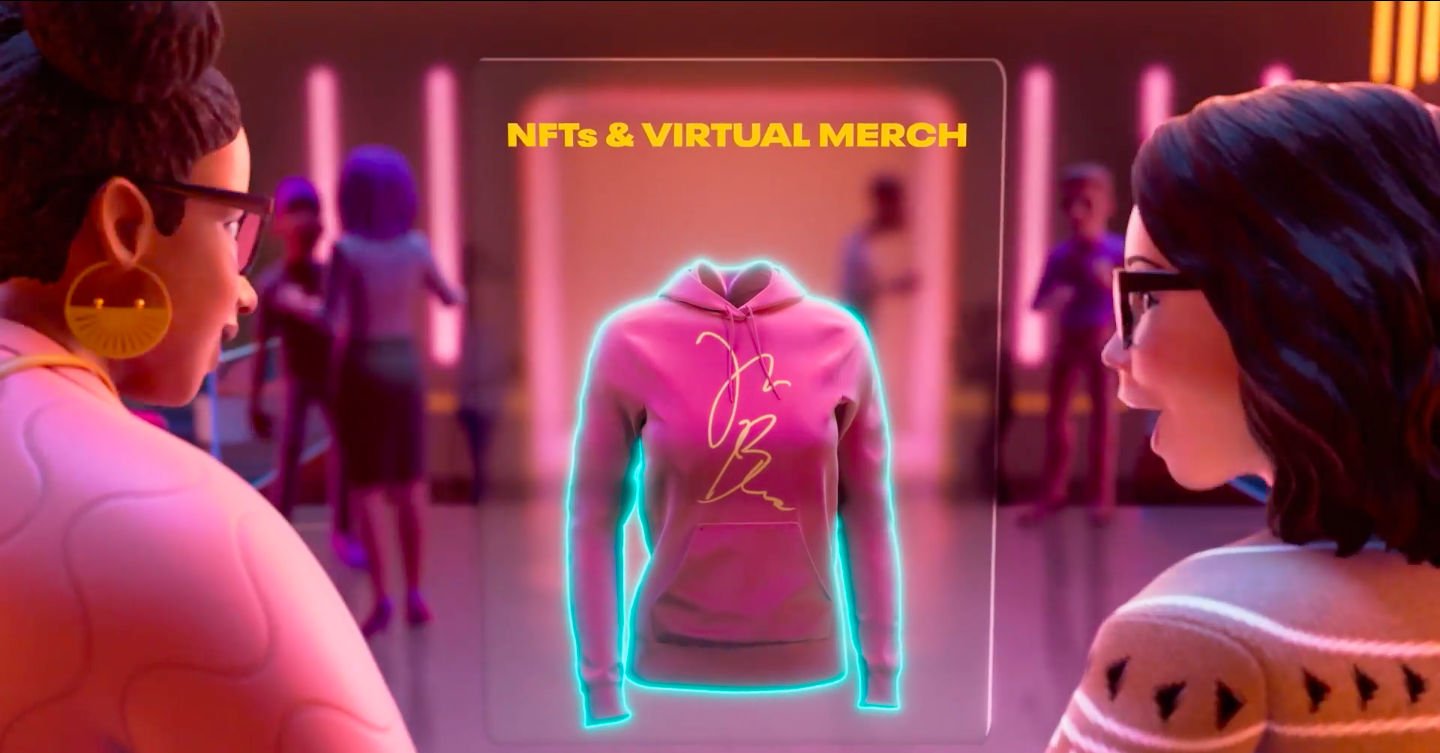What is Meta: The new Facebook and what it means for virtual fashion


Facebook and its founder Mark Zuckerberg may be in the middle of multiple lawsuits (thanks, Frances Haugen), but that hasn’t stopped the social media company from taking to the spotlight with its own news: it has rebranded as Meta.
It’s not just a name change. The company plans to invest at least US$10 billion (approx. S$13.5 billion) into Facebook Reality Labs, which focuses on creating augmented reality (AR) and virtual reality (VR) hardware, software and content to build Facebook’s very own metaverse. The division already includes 10,000 employees — with another 10,000 workers expected to join them — and it will be aided by the expertise of the many VR start-up companies that Facebook has acquired.
Zuckerberg has also offered a look into Facebook’s upcoming metaverse through an hour-long keynote presentation: with the use of VR and AR hardware (likely made by Oculus, which Facebook bought in 2014), users can enter a virtual world to play games like Grand Theft Auto, attend virtual parties and concerts, do some shopping or even… work.

Users can enter the metaverse through their digital avatars, which means that they’ll also have their own virtual wardrobes. The idea of virtual fashion is one that has been gaining a lot of attention in the last couple of years, thanks to the rise of start-ups offering (and successfully selling) virtual clothing.
Luxury fashion brands have also been embracing the technology, tapping on virtual models and partnering with video game platforms to launch their own virtual collections to millions of players around the world. Some notable examples include Gucci x Roblox, Louis Vuitton x League of Legends, and the ongoing tie-up between Balenciaga and Fortnite.
How will Facebook contribute to the evolving landscape of virtual fashion? Below, we list what to expect, according to the Meta announcement.

As Meta is positioning itself to be used pretty much all the time, it will allow users to present themselves through different types of 3D avatars, from a photorealistic one for work meetings, to a cartoonish, Fortnite-like avatar for gaming and social activities. “You’re not always going to want to look exactly like yourself,” explained Zuckerberg. “That’s why people shave their beards, dress up, style their hair, put on makeup and get tattoos… You’ll be able to do all that and more in the metaverse.”

If you play video games like Fortnite, Roblox, or League of Legends, then you’re familiar with the concept of changing your character’s appearance with “skins”. Zuckerberg demonstrated that Meta users will likewise be able to switch between different outfits worn by their 3D avatars. “You’re going to have a wardrobe of virtual clothes for different occasions, designed by different creators and from different apps and experiences,” he shared. The virtual clothing will also be made to simulate actual garments when users interact with them in the metaverse.

On top of virtual concerts, virtual parties and virtual work meetings, Meta will also let users shop for official merchandise and non-fungible tokens (NFTs) on its digital platform. NFTs are already being embraced by the world of luxury fashion: brands like Louis Vuitton and Burberry have launched their own NFT collections, while others like Gucci are currently developing their own. In future, these launches may take place directly on Meta, where users can show off their limited-edition purchases instantly through their avatars.

Currently, the biggest limitation of virtual fashion is that it can only be “worn” within a single app or video game platform. Fortnite players can’t show off the digital Gucci bags they purchased on Roblox, and likewise Roblox users cannot wear their virtual Balenciaga merchandise from Fortnite. Meta wants to change that by letting users buy digital clothes for their avatars that can be used across its metaverse. “You want to know that when you buy something or create something, that your items will be useful in a lot of contexts and you’re not going to be locked into one world or platform,” explained Zuckerberg. To truly achieve that, Meta will likely be partnering with other VR companies and video game platforms.

Speaking of partnerships, Meta might already have one with Balenciaga in the works. The French luxury fashion brand is known for embracing the metaverse: on top of launching a collection through its very own video game, Balenciaga has also teamed up with Fortnite to launch both physical and virtual merchandise. It makes sense for Meta tap onto Balenciaga’s tech-savvy audience to bring luxury fashion into its virtual universe. Meta has also hinted at letting users “walk through and explore [their] Pinterest boards in the metaverse”, which only underscores how big a role fashion will play on the upcoming platform.
Header photo credit: Meta
This story first appeared on Lifestyle Asia Singapore